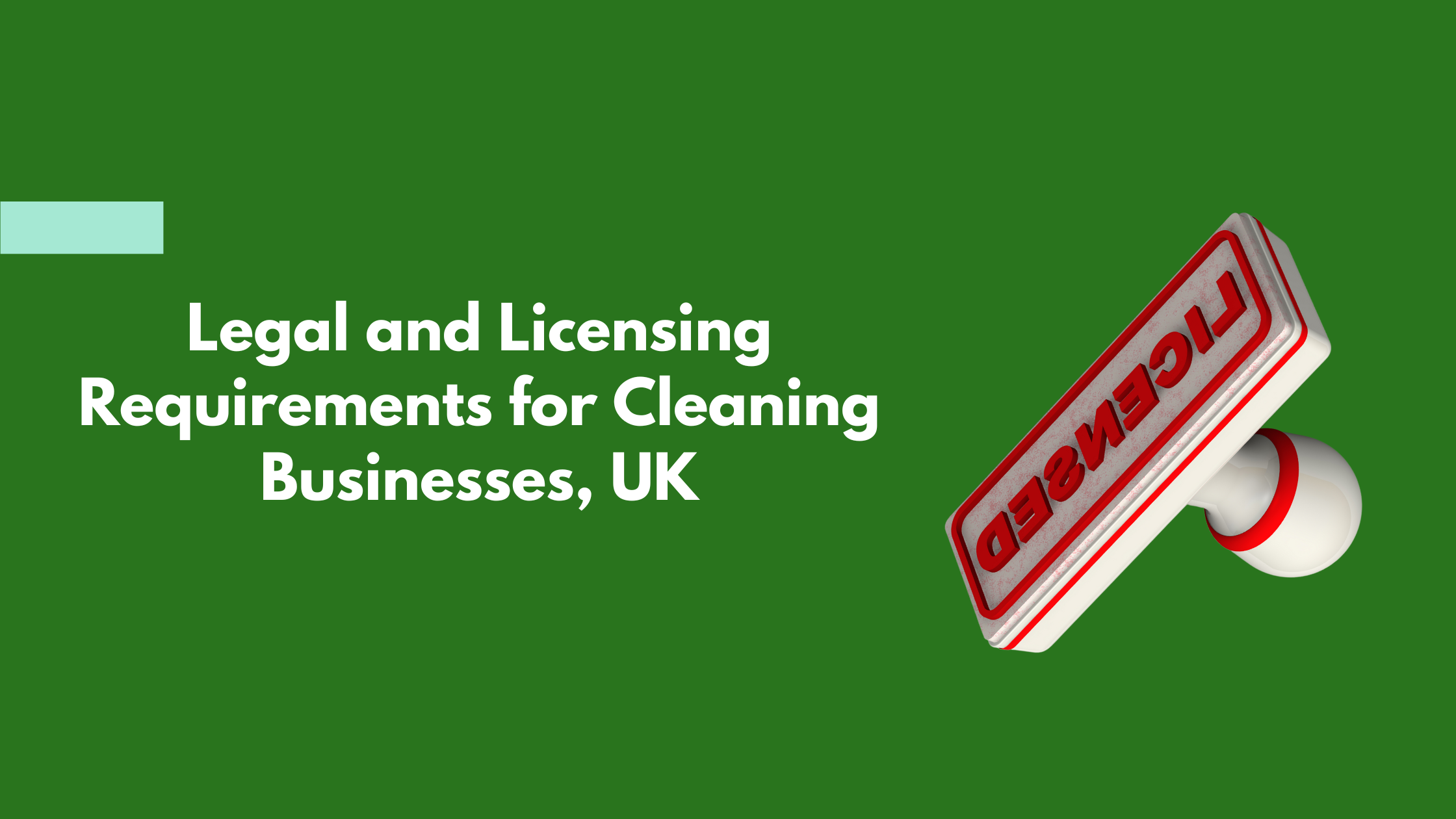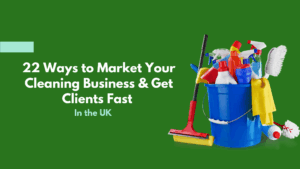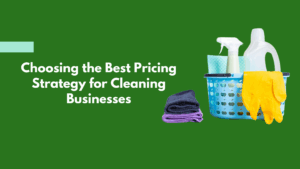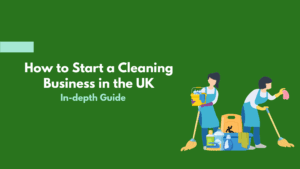Starting a cleaning business in the UK can be a profitable venture, but before you begin offering services, you must ensure your business is legally compliant.
Getting the legal and licensing requirements right from the start will protect you from fines, lawsuits, and operational setbacks. It will also build trust with your clients, especially businesses that require proof of compliance before signing contracts.
In this guide, we’ll walk you through everything you need to know about legal and licensing requirements for cleaning businesses, UK. Whether you’re setting up a domestic cleaning service or a commercial cleaning company, understanding these rules will save you from costly mistakes and help you run a professional and credible business. Let’s get into the details.
Table of Contents
Registering Your Cleaning Business
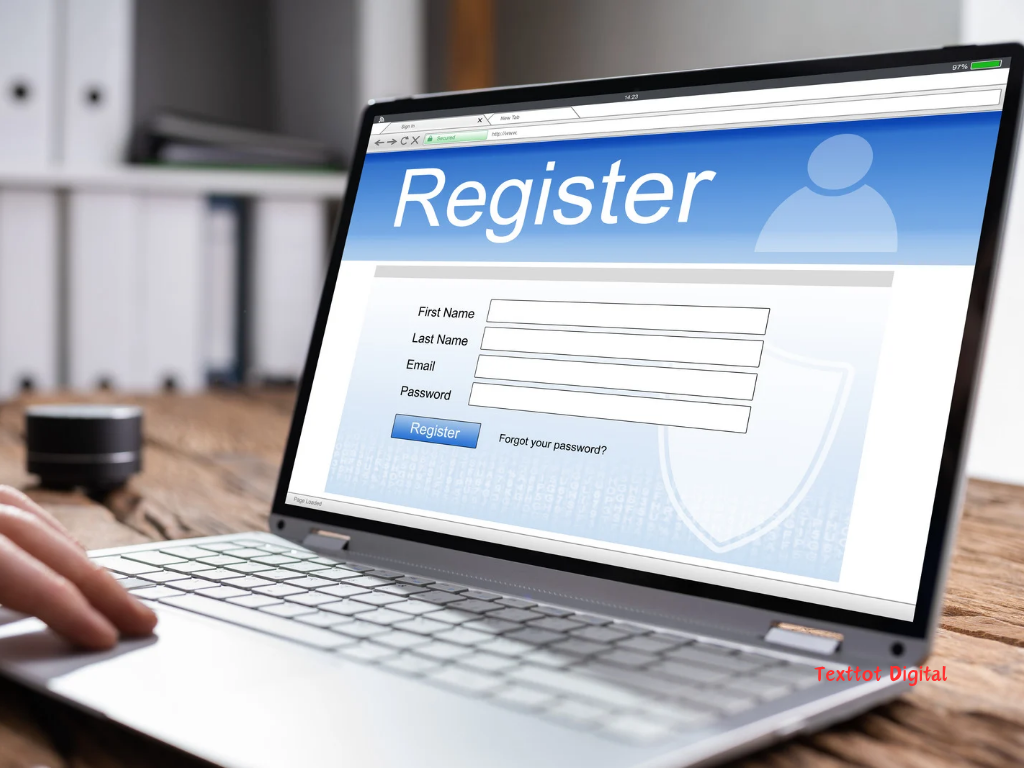
Before you start offering cleaning services, you need to register your business properly. Registration affects how much tax you pay, your liability if something goes wrong, and how professional your business looks to potential clients.
In the UK, you have a few business structure options, each with its own legal and financial responsibilities, and choosing the right one will save you trouble later on.
Choose the Right Business Structure
The first step is deciding how to structure your business. If you’re working alone and want a simple setup, you can register as a sole trader. This is the easiest and cheapest option, but it also means you’re personally responsible for any debts or legal issues. Everything the business earns is considered your personal income, and you’ll pay tax through self-assessment. However, you’ll need to register with HMRC and file your tax return every year.
If you want to separate your personal finances from your business, forming a limited company is a better option. This means the company is a legal entity on its own, so if anything goes wrong, your personal assets are protected. Limited companies often look more professional to clients, especially if you’re targeting commercial cleaning contracts. However, you’ll have more paperwork, including filing annual accounts with Companies House and paying corporation tax on your profits.
There’s also the option of setting up a partnership if you’re going into business with someone else. This means you share profits, losses, and responsibilities, but like a sole trader, you and your partner are personally responsible for any debts. If you want to limit personal liability in a partnership, you’d need to set up a limited liability partnership (LLP).
Most small cleaning businesses start as sole traders, but if you plan to grow, it’s worth considering a limited company. In 2023, over 56% of UK businesses were registered as sole traders, but limited companies are becoming more popular due to their tax benefits and legal protection.
Register with HMRC
Once you’ve chosen a structure, the next step is to register with HMRC. If you’re a sole trader, you must register for self-assessment to declare your income and pay tax. You’ll also need to pay National Insurance Contributions (NICs), which help qualify you for benefits like the state pension.
If you set up a limited company, you must register it with Companies House and then register for corporation tax with HMRC. You’ll also need to set up a separate business bank account since a limited company’s finances must be kept separate from personal funds.
VAT Registration: Do You Need It?
Not all cleaning businesses need to register for Value Added Tax (VAT), but if your annual turnover reaches £90,000 (as of 2024), it becomes a legal requirement. This means you must charge VAT (usually 20%) on your services and submit VAT returns to HMRC.
Even if you don’t hit the threshold, registering voluntarily can sometimes be beneficial, especially if you’re working with VAT-registered businesses that expect VAT invoices.
Business Name and Branding
If you’re a sole trader, you can use your own name or create a trading name, but it must not be misleading or too similar to an existing business.
Limited companies must register their name with Companies House, and you should check the availability before settling on a name.
However, if you plan to build a strong brand, securing a matching domain name and social media handles is also a smart move, especially as you’ll be needing a website for cleaning business.
Licensing and Permits for Cleaning Businesses
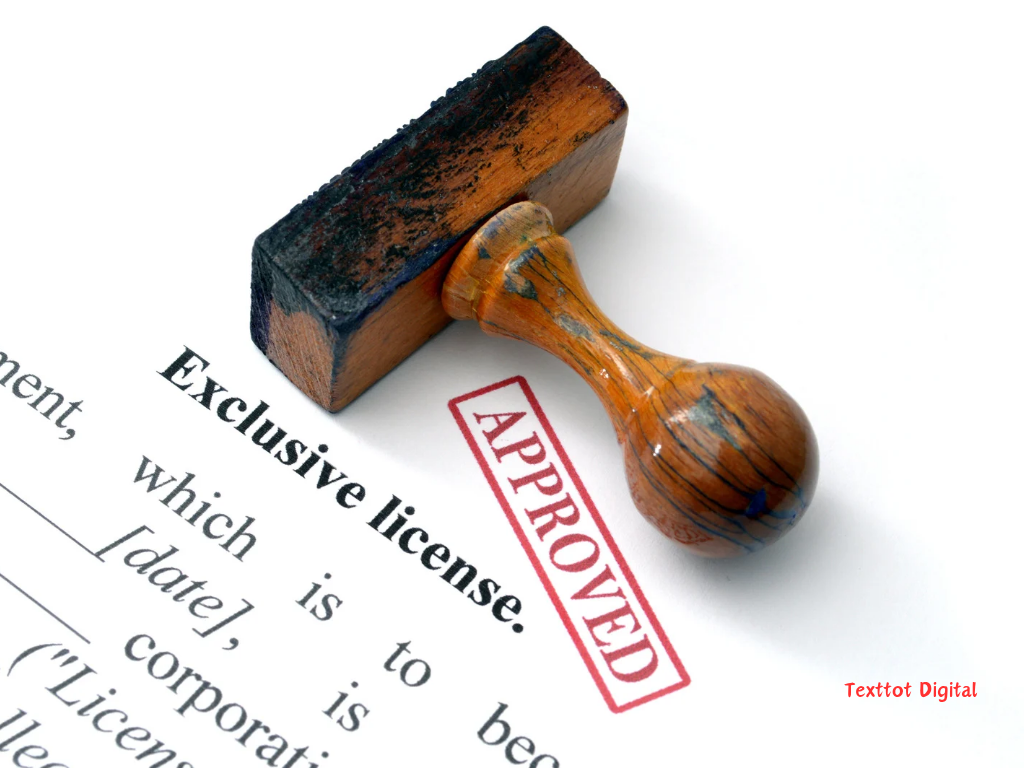
One of the biggest misconceptions about starting a cleaning business in the UK is that you don’t need a license. While it’s true that there’s no general cleaning business license, that doesn’t mean you can ignore legal requirements altogether.
Most general domestic and commercial cleaning businesses don’t need a license to operate. However, there are certain situations where having the right permits is essential.
If, for instance, your business involves handling hazardous cleaning chemicals, disposing of waste, or working in sensitive environments like schools or hospitals, you must meet specific legal requirements.
One of the most common licenses required in the cleaning industry is the Waste Carrier License. If your business involves collecting and disposing of waste, such as old cleaning materials, hazardous substances, or even general rubbish from client sites, you must register as a waste carrier with the Environment Agency (England), Natural Resources Wales, SEPA (Scotland), or NIEA (Northern Ireland). Failing to do so can result in fines of up to £5,000.
Consequently, if your cleaning business uses or supplies chemicals, you must also comply with the Control of Substances Hazardous to Health (COSHH) Regulations. This means you need to assess the risks of chemicals you use, train staff on proper handling, and provide safety data sheets for hazardous substances.
COSHH compliance is especially important for businesses offering industrial cleaning services, carpet cleaning, or deep cleaning for commercial kitchens.
Are DBS Checks Necessary?
If you or your employees will be cleaning in environments where you’ll have contact with vulnerable people, such as care homes, hospitals, or schools, clients may require you to provide Disclosure and Barring Service (DBS) checks.
While it’s not a legal requirement for all cleaning businesses, many organisations will refuse to hire a cleaning company without DBS-checked staff.
If you’re working as a sole trader, you can apply for a basic DBS check, but if you have employees, you may need to arrange enhanced DBS checks for them, depending on the type of work they’ll be doing.
How to Apply for the Necessary Licenses and Permits
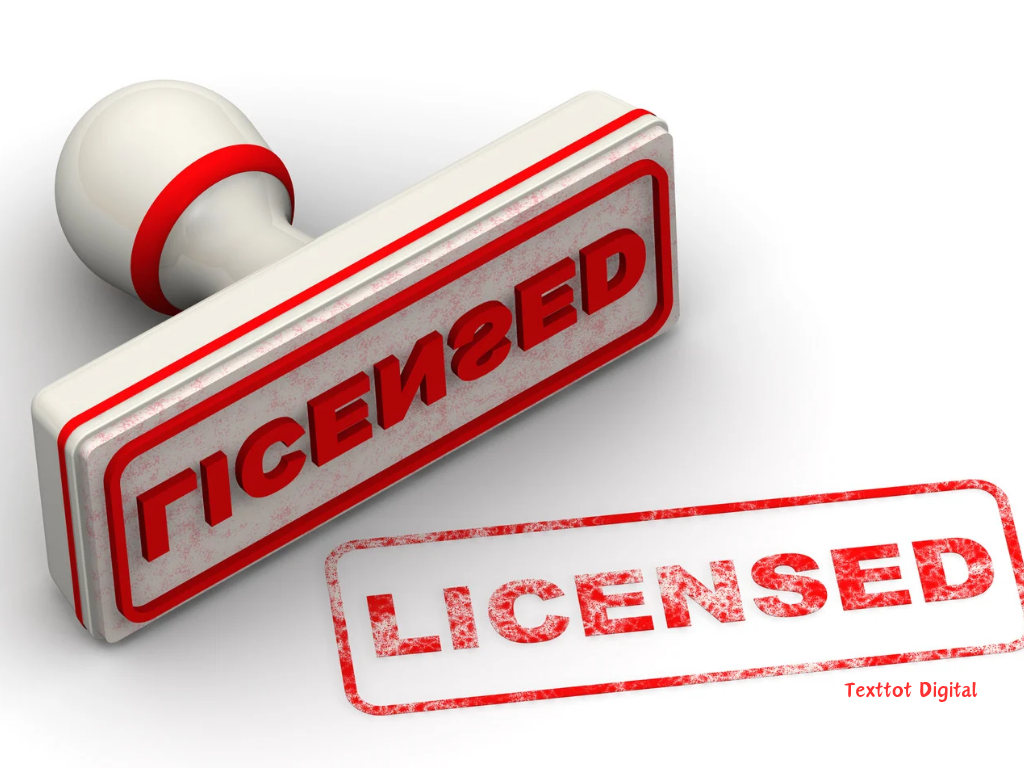
Applying for a waste carrier license is straightforward. You can register online through the Environment Agency website if you’re in England.
There are two types of licenses: a lower tier registration (free) for businesses that only carry their own waste and an upper tier license (£154 for registration, then £105 for renewal every three years) for businesses that transport, sell, or dispose of waste for others.
For COSHH compliance, you don’t need to apply for a specific license, but you must create a COSHH risk assessment for your business. This involves listing the hazardous substances you use, identifying risks, and training staff on safe handling. The Health and Safety Executive (HSE) provides guidance on how to meet these requirements.
For DBS checks, applications can be made online through the Disclosure and Barring Service website or through an umbrella company that handles multiple checks for businesses. The cost of a basic DBS check is £21.5, while an enhanced check costs £49.5.
Insurance Requirements for Cleaning Businesses
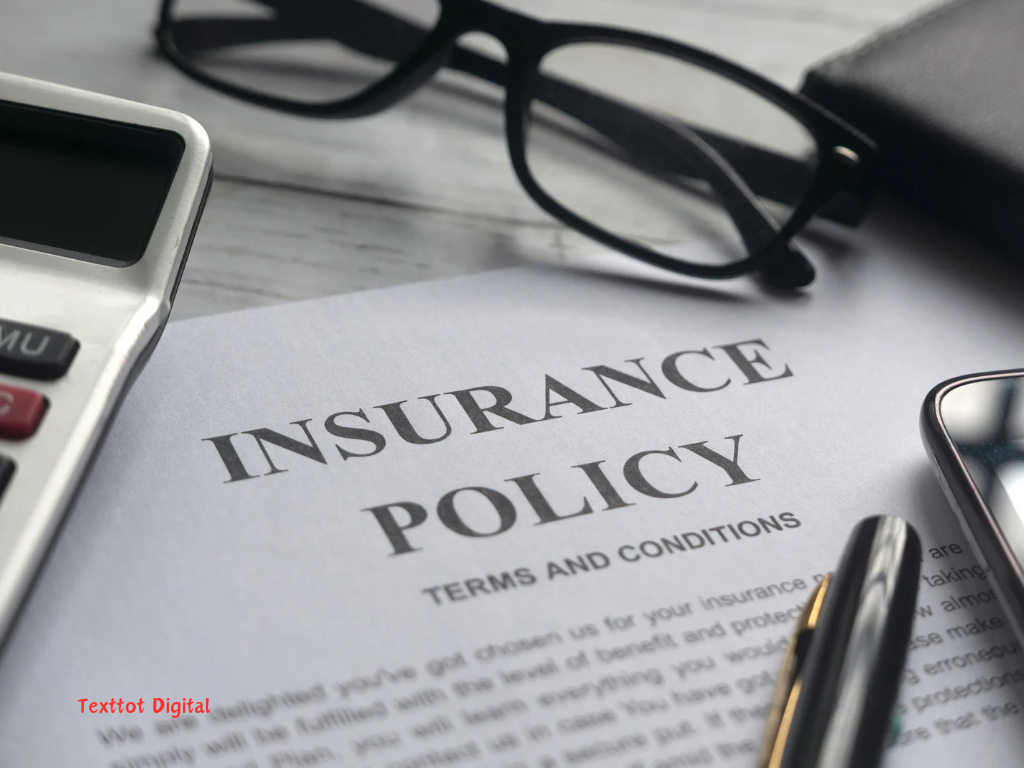
Insurance is one of the most important things you need to protect your cleaning business. No matter how careful you are, accidents happen.
A client could slip on a wet floor after you’ve mopped, an expensive piece of furniture could get damaged, or an employee could get injured on the job.
Without the right insurance, you could be held personally responsible for these incidents, leading to costly legal claims that could put your business at risk.
Choosing the right insurance comes down to assessing the risks involved in your cleaning business. If you work in homes, offices, or commercial properties, public liability insurance is non-negotiable. If you employ staff, employer’s liability insurance is a legal requirement.
Consequently, if you use expensive equipment or work with hazardous chemicals, additional coverage may be necessary.
When looking for a policy, check if the insurer covers accidental damage, injury claims, and legal costs, as some cheaper policies may have exclusions that leave you exposed.
Employment Laws and Regulations for Hiring Staff
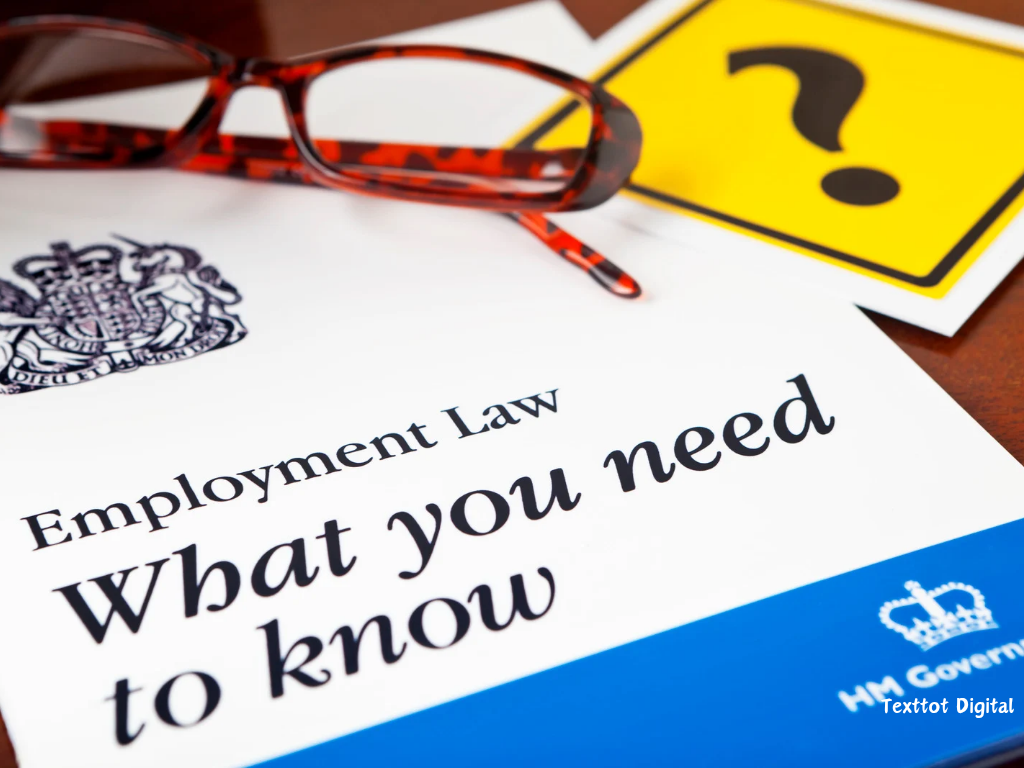
If you plan to hire employees for your cleaning business, you must follow UK employment laws to stay compliant and avoid legal trouble.
From contracts to wages and workplace safety, there are strict rules that protect both you and your staff. Ignoring these regulations can lead to fines, lawsuits, or reputational damage, so it’s important to get things right from the start.
Every employee in the UK is legally entitled to a written statement of employment from their first day of work. This contract should clearly outline their job role, working hours, pay, holiday entitlement, and notice periods.
Even if you hire part-time or casual workers, providing a formal agreement protects your business and ensures your employees understand their rights and responsibilities.
But if you’re hiring self-employed cleaners or subcontractors, the rules are different. They don’t require employment contracts, but you should have a service agreement that defines their responsibilities, payment terms, and liability.
However, misclassifying an employee as self-employed to avoid taxes and benefits can lead to penalties from HMRC.
Marketing and Advertising Regulations for Cleaning Businesses
Marketing is key to attracting clients, but you can’t just promote your cleaning business however you like.
The UK has strict advertising laws to ensure businesses are honest and don’t mislead customers. If you violate these rules, you could face fines, reputational damage, or even legal action.
That’s why it’s important to market your business the right way, following both legal guidelines and ethical practices.
Any advertisement or promotional material you put out, whether on your website, social media, flyers, or business cards, must be truthful, accurate, and not misleading.
Under the UK’s Consumer Protection from Unfair Trading Regulations 2008, businesses can’t make false claims about their services, pricing, or expertise. Otherwise, the Advertising Standards Authority (ASA) could investigate and force you to remove the misleading claim.
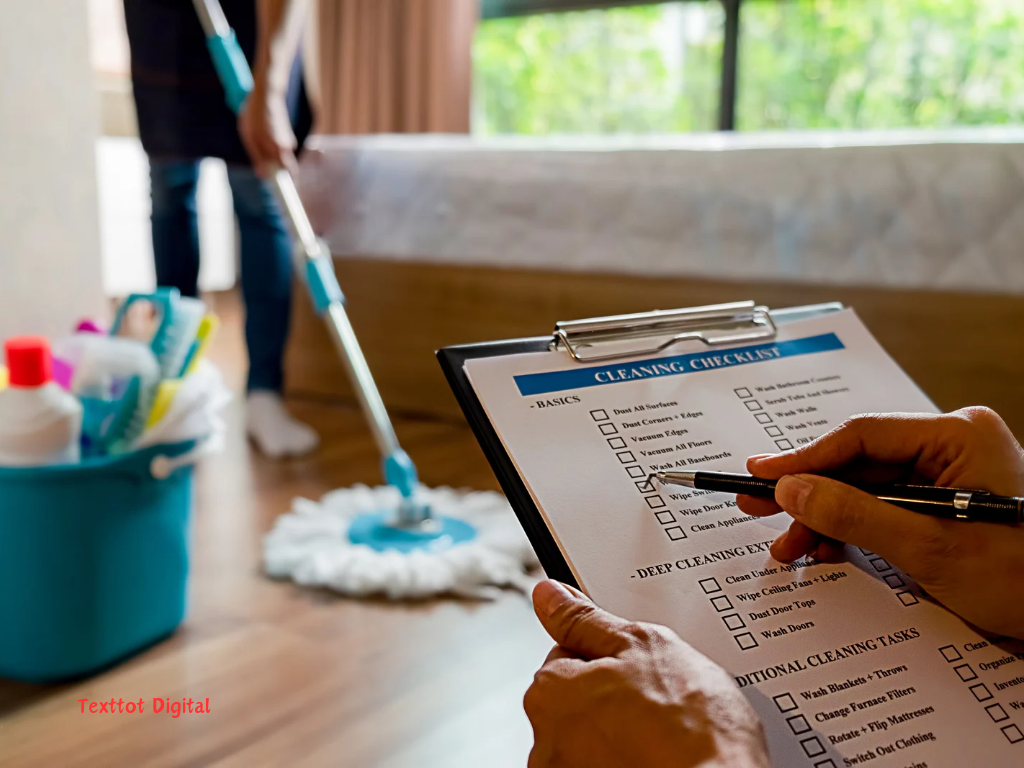
Setting Up Your Cleaning Business the Right Way
Starting and running a cleaning business in the UK involves more than just offering great service, you need to meet legal and financial requirements to operate successfully and avoid costly mistakes.
From choosing the right business structure and registering for taxes to obtaining necessary licenses, following health and safety regulations, and protecting your business with the right insurance, every step is essential.
Compliance isn’t just about avoiding fines; it builds trust with clients, makes your business more professional, and sets you up for long-term success. If you get the legal and licensing requirements right from the start, you’ll have a strong foundation to grow your business without unnecessary risks.
With the right preparation and compliance, your cleaning business can operate smoothly, attract high-quality clients, and achieve long-term success.
